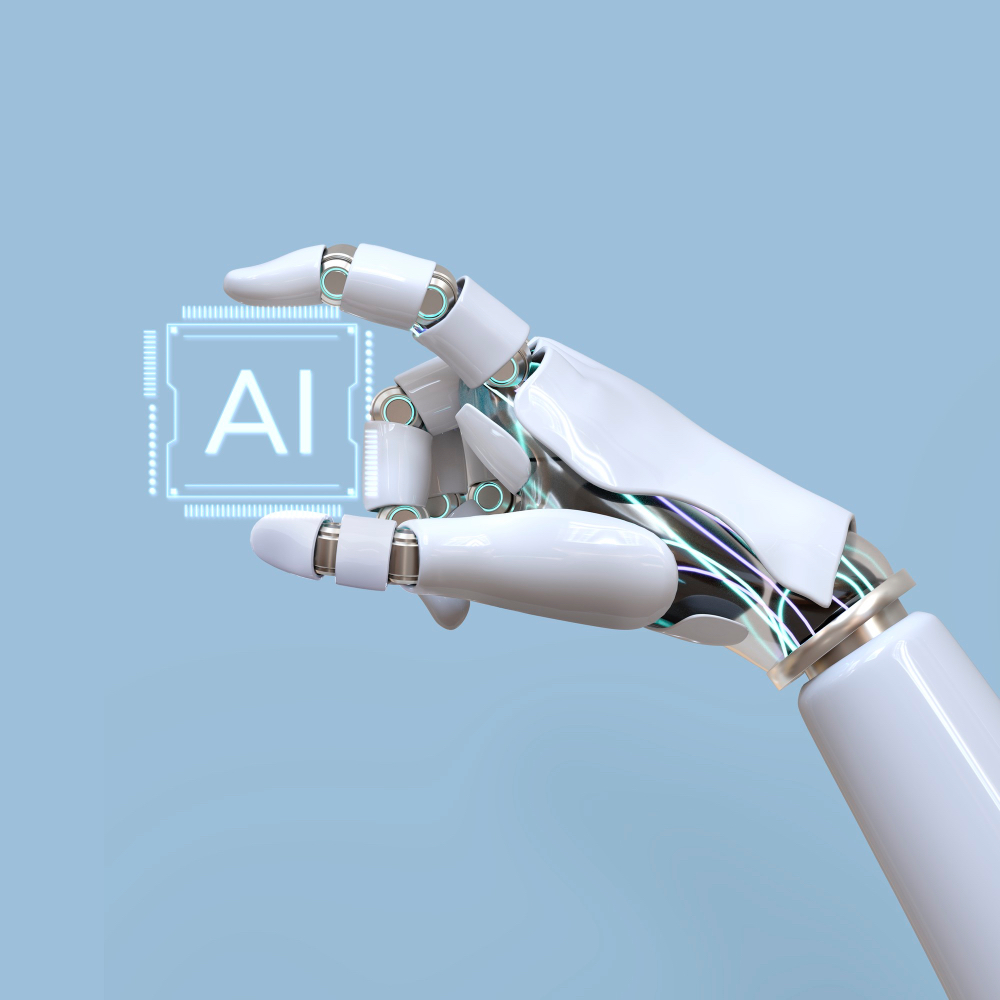
Artificial Intelligence (AI) is revolutionizing industries, using innovation, and reshaping our global. From autonomous vehicles to personalised healthcare, AI technologies are making tremendous strides. However, as AI structures end up greater incorporated into our lives, ethical concerns surrounding their use are an increasing number of getting into awareness. In this weblog, we’ll discover the intersection of AI and ethics, addressing the ethical dilemmas and demanding situations that arise as we navigate this complex panorama.
The Importance of AI Ethics
Ethics in AI is vital due to the fact those technologies effect every component of society, from privacy to decision-making. As AI structures end up more independent and influential, ensuring they operate inside moral limitations is critical to foster agree with and mitigate capacity harm. Addressing AI ethics allows in building accountable AI systems that align with societal values and human rights.
Key Ethical Considerations in AI
- Privacy and Data Security: AI systems regularly rely on huge volumes of facts, elevating worries about how non-public records is accrued, stored, and used. Ensuring robust data safety measures and transparency about statistics usage is essential to maintain consumer agree with and privacy.
- Bias and Fairness: AI algorithms can inadvertently perpetuate biases present inside the schooling records. This can lead to unfair effects, inclusive of discriminatory practices in hiring or law enforcement. Developing impartial algorithms and promoting fairness is important to keep away from reinforcing current inequalities.
- Accountability and Transparency: As AI structures make more choices autonomously, determining responsibility becomes difficult. It’s essential to set up clean strains of responsibility and make sure that AI structures function transparently so their selections can be understood and audited.
- Autonomy and Control: AI systems, specially those with selection-making abilities, raise questions on human manipulate. Balancing the advantages of automation with retaining human oversight is key to ensuring that AI structures beautify in place of undermine human company.
- Impact on Employment: AI’s capacity to automate obligations increases concerns about task displacement and financial inequality. Addressing the implications for employment and creating techniques for personnel transition are vital to coping with the societal effect of AI.
Navigating Ethical Challenges

To navigate the moral panorama of AI, it’s crucial to undertake a multi-faceted method that entails stakeholders from various sectors, consisting of technology builders, policymakers, and ethicists. Here are some techniques to deal with AI ethics correctly:
- Establish Ethical Guidelines: Developing complete moral guidelines and standards for AI development and deployment facilitates make sure that AI systems are designed with moral concerns in mind. Industry-huge frameworks and recommendations can offer a basis for responsible AI practices.
- Promote Ethical AI Research: Encouraging research centered on the ethical implications of AI and investing in interdisciplinary studies can result in modern answers that cope with moral demanding situations and strengthen ethical AI development.
Three. Engage in Public Discourse: Involving the public in discussions approximately AI ethics facilitates to align technological advancements with societal values. Transparent communique about AI technology and their impact fosters informed choice-making and network engagement.

Four. Implement Robust Oversight Mechanisms: Establishing oversight committees and regulatory bodies to monitor AI systems and their ethical implications ensures that AI technology are evaluated and controlled responsibly.
- Educate and Train Professionals: Providing education and schooling on AI ethics for developers, engineers, and policymakers helps create a informed workforce that prioritizes moral concerns in AI development and implementation.
Conclusion
AI is a powerful device with the ability to bring about large nice exchange. However, its ethical implications have to be cautiously considered to ensure that its blessings are maximized even as minimizing capacity harms. By addressing privateness, bias, accountability, autonomy, and employment concerns, we can navigate the ethical landscape of AI responsibly and ethically.
As AI maintains to evolve, ongoing dialogue, research, and proactive measures are vital to making sure that AI technologies are advanced and used in approaches that align with ethical ideas and societal values. Embracing these considerations will assist build a destiny where AI enhances human nicely-being and fosters a truthful, simply, and obvious society.
Keywords: AI Ethics, Artificial Intelligence, Privacy, Data Security, Bias, Fairness, Accountability, Transparency, Autonomy, Employment Impact, Ethical AI, AI Guidelines, Public Discourse, AI Research, AI Oversight
Leave a Reply